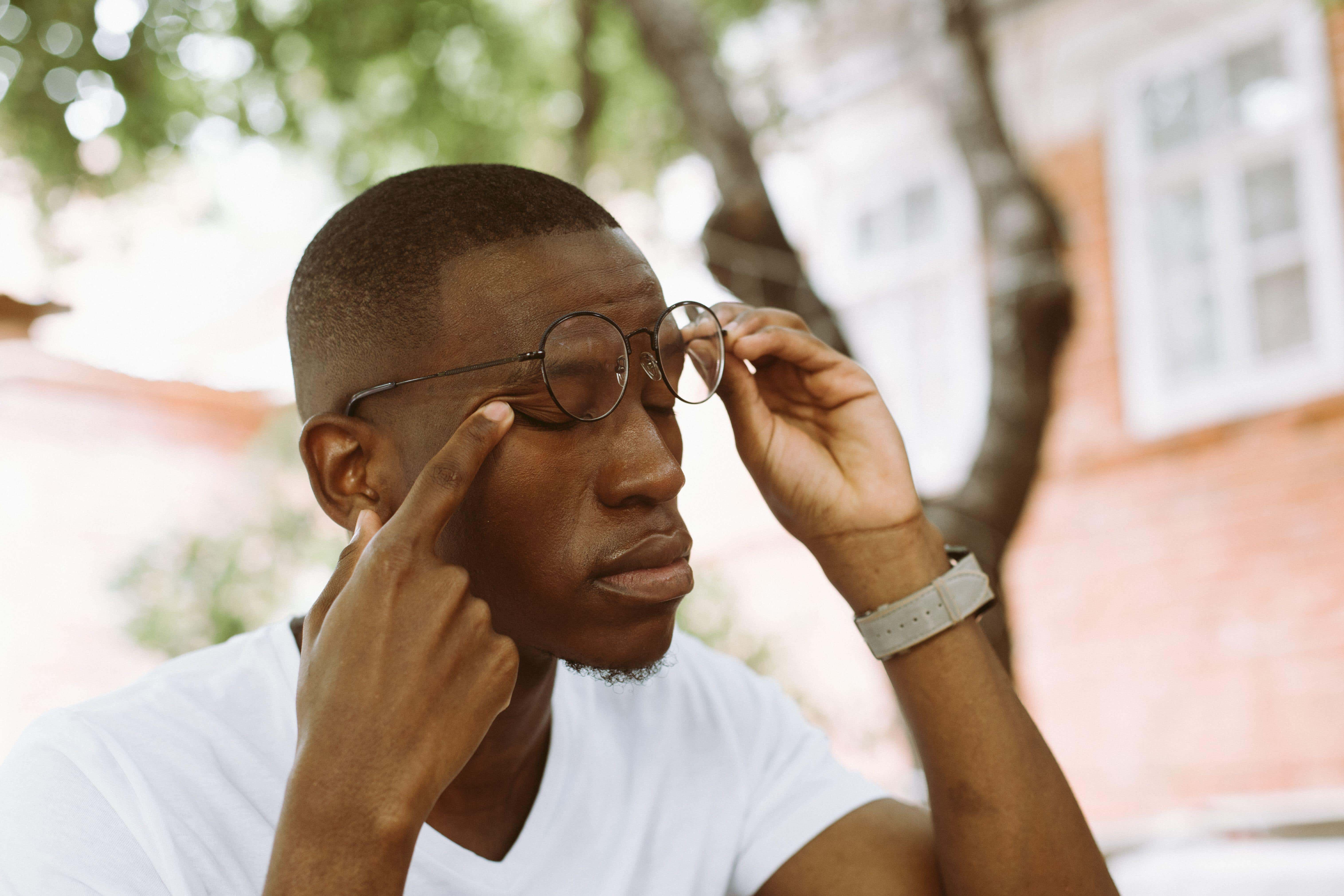What is the link between pollen and eye infections?
Experts say allergic conjunctivitis could be on the rise during hay fever season.

Your support helps us to tell the story
From reproductive rights to climate change to Big Tech, The Independent is on the ground when the story is developing. Whether it's investigating the financials of Elon Musk's pro-Trump PAC or producing our latest documentary, 'The A Word', which shines a light on the American women fighting for reproductive rights, we know how important it is to parse out the facts from the messaging.
At such a critical moment in US history, we need reporters on the ground. Your donation allows us to keep sending journalists to speak to both sides of the story.
The Independent is trusted by Americans across the entire political spectrum. And unlike many other quality news outlets, we choose not to lock Americans out of our reporting and analysis with paywalls. We believe quality journalism should be available to everyone, paid for by those who can afford it.
Your support makes all the difference.We’re well and truly into hay fever season.
With various bank holidays coming up and the weather starting to improve, we’re likely going to be spending more time outside – which could further aggravate hay fever symptoms.
Anyone who suffers when the pollen count is high will be familiar with the irritating feeling of itchy eyes.
But what is the link between pollen, hay fever and eye infections?
What’s the link between pollen and eye infections?
“Allergens such as pollen can cause the dilation of the blood vessels in the conjunctiva (membrane or skin covering the eye ball),” explains pharmacist Sultan Dajani from GoldenEye.
“The resulting reddening of the eye is called allergic conjunctivitis and is accompanied by itching, soreness and tearing.”
This “causes the eyes to discharge white sticky mucus, whereas a viral infection results in a clear liquid discharge and a bacterial infection sometimes causes green sticky mucus”, Dajani explains.
“Any case of so-called red eye from whatever cause can become more seriously affected, for example with a bacterial infection such as blepharitis or a stye.”
And Boots superintendent pharmacist Claire Nevinson adds: “People experiencing allergic conjunctivitis may also be more likely to rub their eyes, risking the spread of bacteria from their hands and causing potential infection, also known as bacterial conjunctivitis, of the eye or eyes.”
How serious is allergic conjunctivitis?
“Allergic conjunctivitis usually affects both eyes and makes them red and watery, but it is not contagious,” Nevinson says.
“Symptoms of allergic conjunctivitis due to hay fever tend to last a few weeks or months when the pollen count is higher, and may vary with the pollen count.”
If your eyes start to produce sticky pus or feel gritty, Nevinson suggests these could be “symptoms of bacterial or viral conjunctivitis, and this is usually contagious”.
She adds: “If you develop symptoms of bacterial or viral conjunctivitis you should consult your GP or visit your local pharmacist for advice and treatment, if required and suitable for you.”
How can allergic conjunctivitis be treated?
“Hay fever relief products, including eye drops, usually help to ease symptoms of allergic conjunctivitis,” advises Nevinson.
Dajani recommends products that include propamidine isethionate, as it’s “an antiseptic that stops bacteria from growing and multiplying, which controls the numbers of bacteria causing an infection and hence prevents the eye infection from getting worse”.
He also recommends resisting the temptation of rubbing your eyes “as it will make them more sore”. And Nevinson says: “You can also try holding a cold flannel on your closed eyes for a few minutes to cool them down which can provide some relief. If your eyes are inflamed, it’s best to avoid wearing contact lenses.”
Is there any way of minimising the risk of infection?
Yes, with Dajani advising: “Reduce your exposure to pollen by keeping your eyes clean. Wash and clean them thoroughly before going to bed. Keep windows including car windows shut as much as possible.
“Don’t touch your eyes. If we touch our eyes, we leave them open to the possibilities of further eye problems or infections. Our hands come into contact with most things, from people to surfaces, making it easy to transfer bacteria and germs to our faces – and if we are reaching for our eyes, it’s easy for a simple rubbing of the eyes to develop into something else.”
Nevinson also recommends wearing wraparound glasses “to help prevent pollen getting into your eyes”, and adds: “Be sure to monitor the Met Office forecast for pollen count each day.”